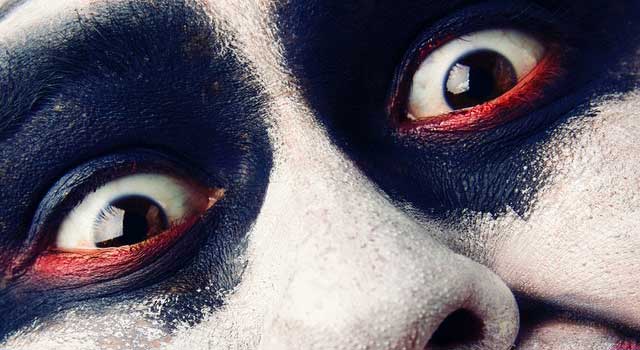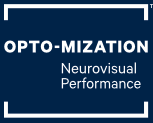
Neuro-Optometry Blog

Traumatic brain injuries can cause problems with the visual system that negatively impact self-esteem in both children and adults. Read on to learn how a neuro-optometrist can help.

Concussions affect the visual system by disrupting communication between the eyes and the brain. Prism eyeglasses may offer relief from the debilitating symptoms that concussions can cause.

Neuro-optometry focuses on “rewiring” the brain to improve visual function that may have been impaired due to trauma, illness, or other neurological conditions.

Nystagmus is an eye condition that causes rapid uncontrolled eye movements and affects vision. Thankfully, a neuro-optometrist can help.

Concussion or TBI patients can sometimes suffer from symptoms long after the injury occurred, but this doesn’t have to be the case. A neuro-optometrist can help relieve visual and non-visual symptoms with neuro-optometric rehabilitation therapy.

While vision may not seem to be the most important factor in maintaining balance, the brain relies on visual input to keep your world appearing both stable and leveled. Visual problems related to balance issues or dizziness can be effectively treated with neuro-optometric rehabilitation therapy.
